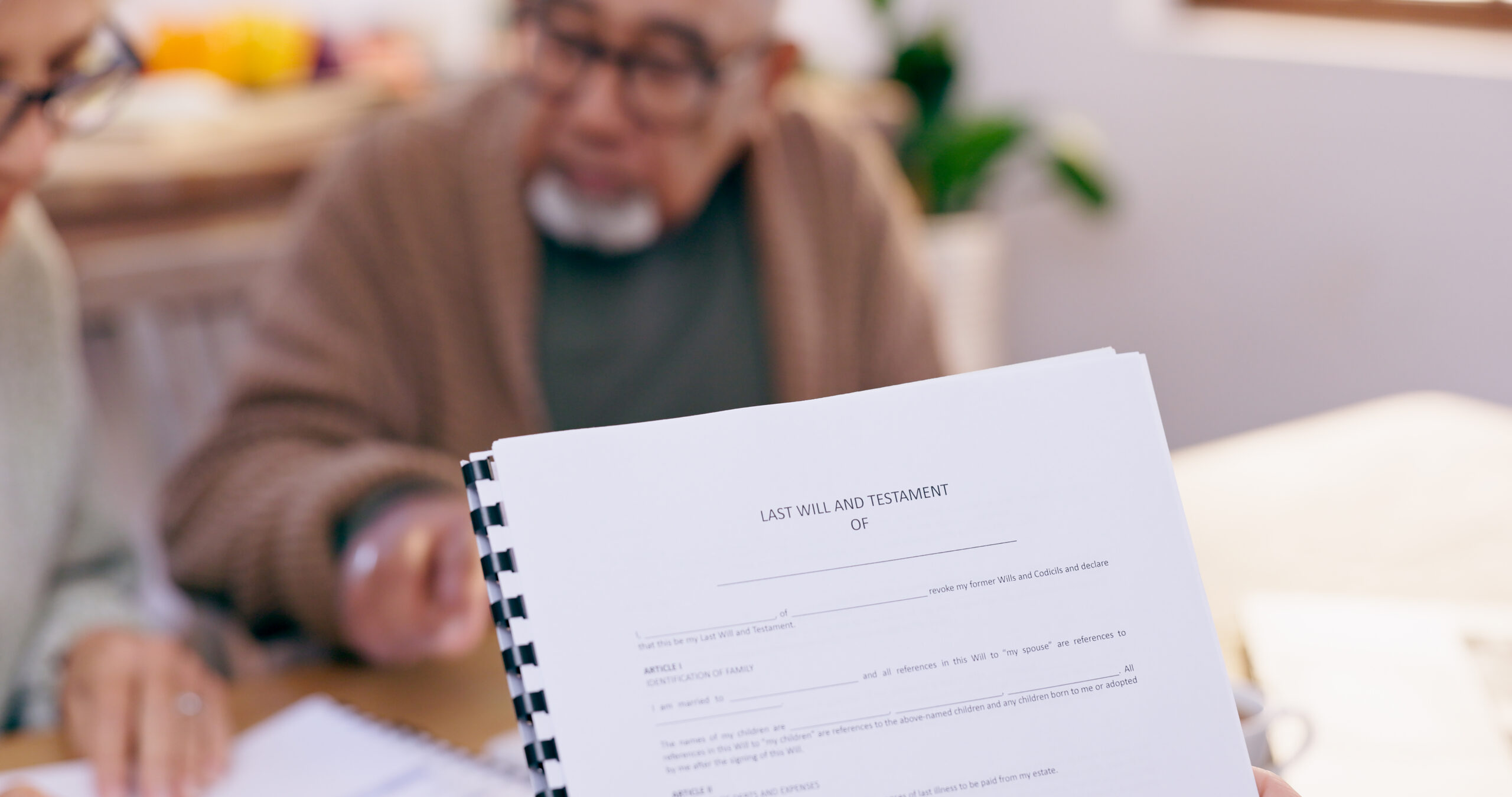| While nobody likes to think about their own end date, putting together a will and related legal documents makes it more likely that your loved ones will have the smoothest process handling your estate after death and that your wishes will be followed.
Writing a will is not as simple as just slapping together a list of desires, however; there are some things you should not put in your will. Estate planning experts explain which ones.
1. Joint Accounts
You don’t need to pass joint accounts or accounts with beneficiaries’ names already on them through your will because including them can lead to confusion and open the estate to potential litigation, according to Stuart Schoenfeld, a partner in the trusts and estates practice of Capell Barnett Matalon & Schoenfeld LLP in New York.
Schoenfeld said, “You don’t need to include assets like these that go directly to a beneficiary in your will because they pass automatically…
|
